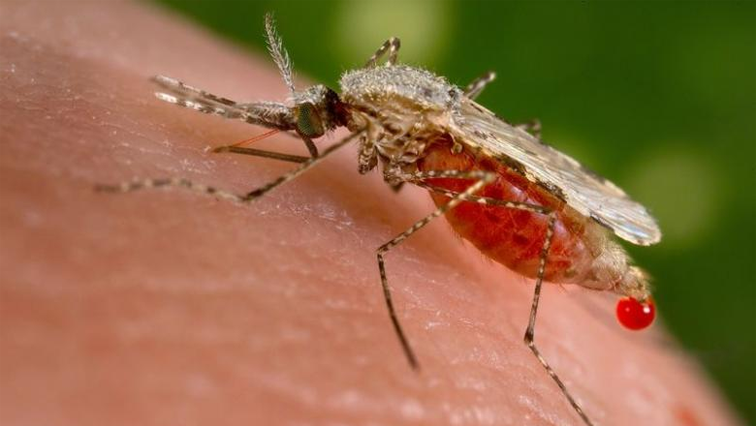Health experts are confident that malaria can be eliminated in the next three years.
This would be within the deadline set for SADC countries to eliminate local transmission of the disease.
South Africa is among the few countries in the SADC region that have made good progress in reducing the number of infections and deaths linked to malaria.
The region commemorates on Friday a virtual SADC Malaria Day held under the theme “Community involvement is key to achieving zero malaria”.
According to the World Health Organisation, malaria cases have decreased globally from 251-million in 2010 to 228-million in 2018, with the majority of these cases, 213-million of them, recorded in Africa.
Health Minister Zweli Mkhize says that while some parts of Africa report a high burden of disease, South Africa is among the countries with low transmission rates.
It is one of four SADC countries targeting malaria elimination, defined as zero local malaria transmission by 2023.
Mkhize says that currently local transmission is at 5% and 95% of cases are imported from neighbouring countries.
“South Africa has made steady progress in reducing malaria morbidity and mortality over the past decades. Malaria cases have decreased by 78% from 64,622 cases in the year 2000 compared to 13,000 cases in the year 2019, and malaria deaths have also decreased by 82%, from 459 to 79 deaths between 2000 and 2019.”
Professor Karen Barnes from the University of Cape Town says malaria is not only preventable, treatable and curable, but it can also be rapidly diagnosed, unlike COVID-19.
“And as you will all know with COVID it’s a frustration that there’s always a delay between taking a sample and getting a result, with malaria, within 15 minutes you will know and your doctor will know whether or not you need malaria treatment. And that combination of factors really makes it a feasible goal to eliminate malaria in SA.”
Mkhize says efforts to fight and eliminate malaria have been interrupted by the COVID-19 pandemic. He has encouraged those who suspect malaria infection to immediately seek help since the symptoms are similar to COVID-19.
“I would also like to take this opportunity to clarify some conflicting messaging in regards to mitigation measures for malaria and COVID-19. Whilst we encourage closing windows at night and the use of fans or air-conditioning for malaria, the opposite is encouraged for COVID-19: that is, to ensure the elimination of COVID-19 particles in the air, we encourage opening windows to allow drafts of fresh air in closed spaces and we totally discourage the use of fans or air-conditioners in enclosed spaces.”
Mkhize is the newly-appointed chair of the Elimination 8 Health Ministers, a coalition of eight countries working across national borders to eliminate malaria in southern Africa by 2030.




